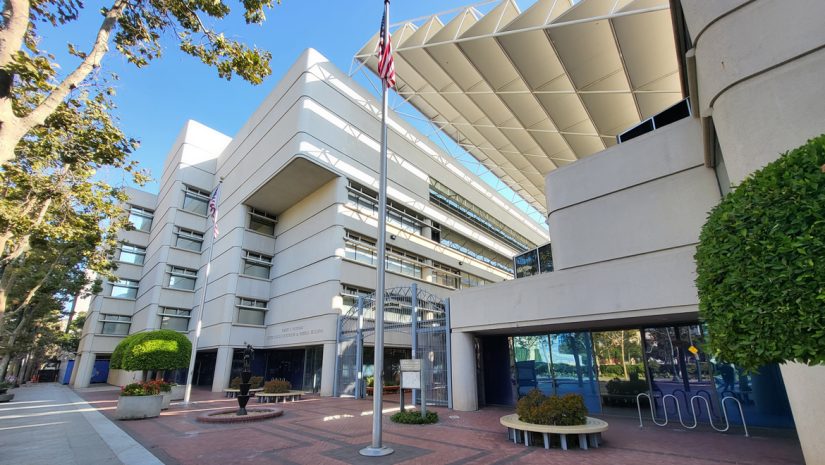
### Adjusting to Increasing Operational Expenses and Evolving Tenant Expectations
In the competitive landscape of property management, increasing operational expenses and evolving tenant expectations are pressuring managers to adapt promptly. The need for more responsive service has surged across the sector, yet expanding budgets is frequently impractical. Remaining stagnant in such a fluid environment is not a viable choice. Property managers must uncover innovative strategies that can be executed without extensive changes. By engaging in small, low-risk trials, managers can gain valuable insights and make well-informed decisions without leading to major disruptions.
### Testing Gateless Parking Management for Enhanced NOI in Los Angeles
A novel method gaining popularity is gateless parking systems, currently being evaluated through pilot initiatives in Los Angeles. By contrasting gateless systems with conventional gate systems, property managers can monitor metrics such as vehicle flow and tenant satisfaction. This data-driven methodology aids in pinpointing opportunities for cost reductions and efficiency enhancements. Furthermore, assessing occupancy-based pricing during peak times can increase revenue. License plate recognition additionally boosts rule enforcement and responsiveness to challenges, ultimately enhancing the parking experience for tenants.
### Reducing Energy Expenses with Smart Thermostat Pilot Programs
Smart thermostat pilot programs utilize occupancy-based HVAC scheduling to conserve energy in communal areas. By involving tenants in the process, property managers cultivate a sense of accountability among residents while maximizing comfort. These programs modify heating or cooling according to real-time occupancy, minimizing energy waste and utility expenses. Tracking metrics like override frequency and HVAC performance yields insights into usage trends and system efficiency, facilitating proactive maintenance and improved energy management.
### Implementing On-Demand Cleaning Services for Common Areas
On-demand cleaning services for shared spaces grant tenants greater autonomy over their surroundings while optimizing staffing levels. By examining real-time requests, property managers can pinpoint high-traffic zones that need regular upkeep. Monitoring labor costs in conjunction with tenant satisfaction scores provides a clear overview of ROI. Adopting a flexible, data-informed cleaning schedule diminishes unnecessary services and enhances operational efficiency. For residents in higher-rent apartments, offering personal cleaning credits may boost engagement and resident retention.
### Conducting Off-Hours Access Trials for Amenities
Increasing access to amenities during off-hours renders insights into usage behaviors and demand. Digital check-ins allow for tracking after-hours activities and prompt maintenance requirements. Evaluating off-peak access for facilities like gyms or coworking areas can unveil the additional benefits of extended hours. Time-limited access to local professionals can create revenue streams and enrich tenant offerings without causing disruptions. Feedback collected through surveys or app prompts allows for refinement of schedules and policies in alignment with actual demand.
### Innovating with Micro-Event Programming for Community Engagement
Micro-event programming injects vitality into shared environments and fosters social interactions for tenants. These brief, frequent events, such as game nights or creative workshops, cultivate a welcoming property vibe and a sense of community. Partnering with local businesses for pop-up experiences diversifies offerings and fortifies community relationships. Tracking attendance and gathering feedback enables property managers to fine-tune event selections and sustain an engaging community atmosphere.
### Conclusion
Small-scale trials provide property managers with avenues for significant enhancements in operations and tenant satisfaction. Selecting a particular initiative, such as smart thermostats, adaptable pricing, or community programming, and establishing clear goals can steer these experiments. By delineating success metrics and regularly reviewing outcomes, managers can leverage tenant insights and performance data to guide future actions. This iterative methodology removes uncertainty and delivers insights for fostering long-term property value. Initiating with cautious pilots and maintaining an openness to results encourages steady progress in adapting to shifting industry demands.
